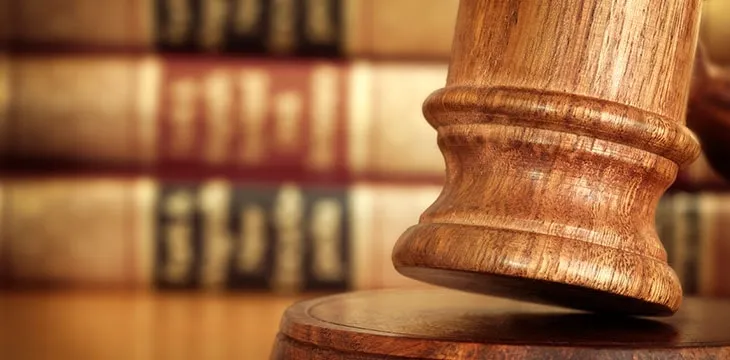|
Getting your Trinity Audio player ready...
|
The Wright v McCormack trial concluded Wednesday afternoon, with both parties making their closing arguments to Judge Chamberlain, who will now decide whether to accept Dr. Craig Wright’s claim that his reputation was or was likely to be seriously harmed by blogger Peter McCormack’s tweets.
Catrin Evans QC made the closing submissions for McCormack. She told the judge there are two issues he must decide: whether Peter McCormack’s tweets caused or were likely to cause serious harm to the reputation of Dr. Wright, and if so, whether Dr. Wright is entitled to any remedy.
The defense’s case is that there is no serious harm flowing from any of the 15 publications Dr. Wright is complaining of. Picking up where she left off in her examination of Dr. Wright on Monday, the focus of the defense’s closing submissions was less about McCormack’s tweets and more about the credibility of Dr. Wright.
She accused Dr. Wright of attempting to ‘pull the wool over the Court’s eyes’ by claiming that he had been disinvited from conferences as a result of McCormack’s tweets. According to the defense, Dr. Wright only abandoned this argument after they had produced evidence which indicated he was either never invited or disinvited based on the merit of his conference submissions.
The judge questioned how the credibility of Dr. Wright relates to the question before the court—whether McCormack’s tweets caused or were likely to cause Dr. Wright serious harm. Evans responded that the defense’s case is that Dr. Wright’s claim against McCormack is not genuine and that they were trying to establish a pattern of behavior which undermines Dr. Wright’s claim that his reputation was seriously harmed.
This included late-added witness testimony from one of the organizers of a conference Dr. Wright says he was disinvited from—someone who was also an administrator at CNAM, the French University at which Dr. Wright was a Ph.D. candidate. According to the witness’ written statement, she had never heard of or communicated with Dr. Wright, and further contrary to Dr. Wright’s testimony, never used her university credentials when issuing conference communications.
However, this was refuted later in the day by Adam Wolanski QC, who made the majority of the closing arguments for Dr. Wright. Wolanski produced an email that the witness had sent to Dr. Wright, informing him that the deadline to submit conference papers had been extended. The judge indicated that the email looked like a mass mailout, but crucially, Wolanski also pointed out that the witness used referred to herself using her university credentials, calling into question the accuracy of her statements.
Both parties also squared off in relation to the damages that the court should (or should not) award Dr. Wright assuming he succeeds in his argument on serious harm. Evans argued that in this case, it would be appropriate to award zero or nominal damages to Dr. Wright on the basis of what she called an attempt to run a fraudulent case with regard to the aforementioned conferences.
Wolanski, on the other hand, argued for Dr. Wright that he is entitled to:
- General damages to vindicate Dr. Wright’s reputation;
- Compensatory damages relating to Dr. Wright’s injured feelings
- Aggravated damages for the manner in which Dr. Wright was examined by the defense at trial: Dr. Wright had said at the end of his testimony on Monday that going through his private emails on the stand, which included negative professional feedback among other things, was a ‘horrible’ experience
Now, it’s up to the judge to return a verdict. CoinGeek will report all developments as they happen.

 07-18-2025
07-18-2025 





